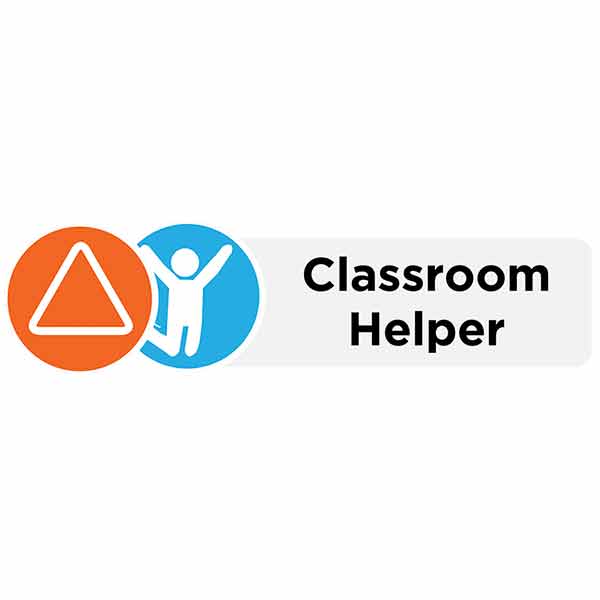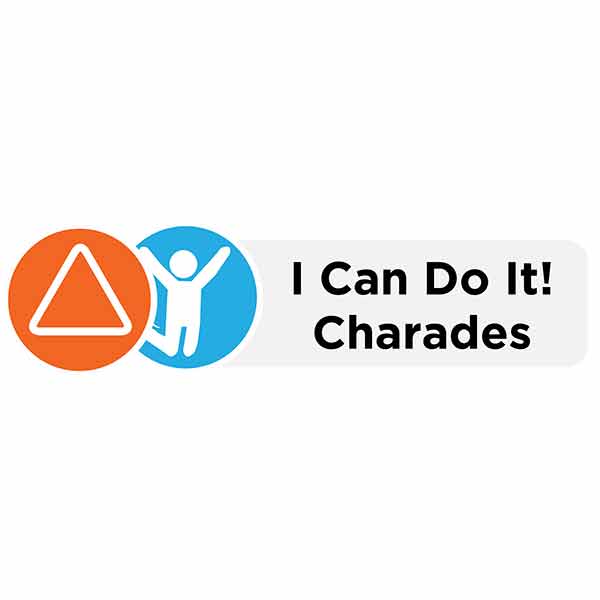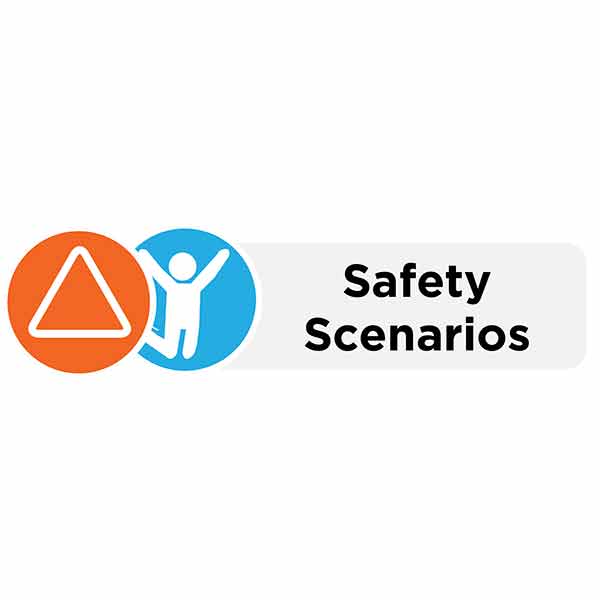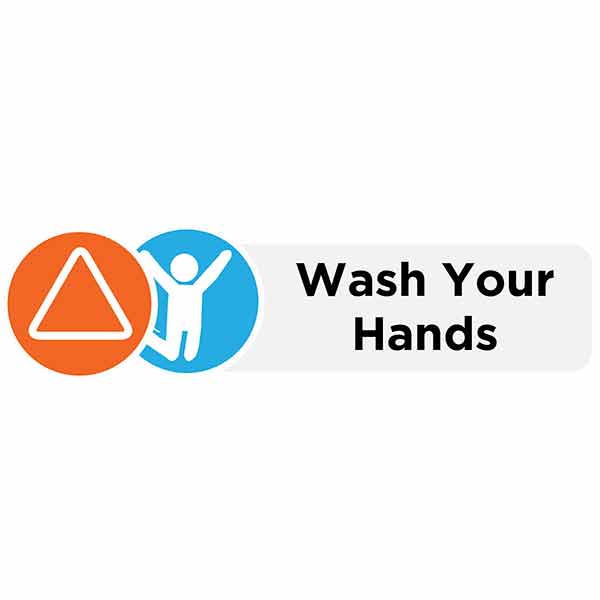MOVE
Self-Care
Preschoolers are working to complete tasks and routines with increasing independence
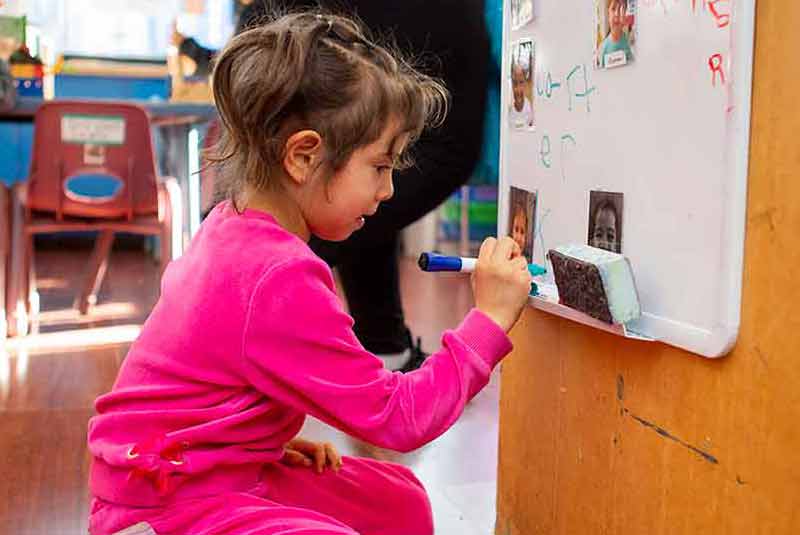
At A Glance
Preschoolers are increasingly able to take responsibility for their self-care. They may be more aware of personal hygiene (e.g., the need for clean hands, bodies, and teeth) and more independent during daily routines and safety practices. They are also learning when and how to ask for help. Educators can support self-care skills by encouraging children to take responsibility for themselves whenever possible while providing enough support to complete the tasks (e.g., handwashing visuals, songs, etc.).
What It Looks Like
A quick glance at how you can support preschoolers' self-help skills
Use Visuals
Support Independence
Young children can be self-sufficient when given the chance. Note how this educator reminds children how to take care of their dishes after a meal.
Promote Helping Others
EXPLORING SELF-CARE THROUGH BOOKS
Today
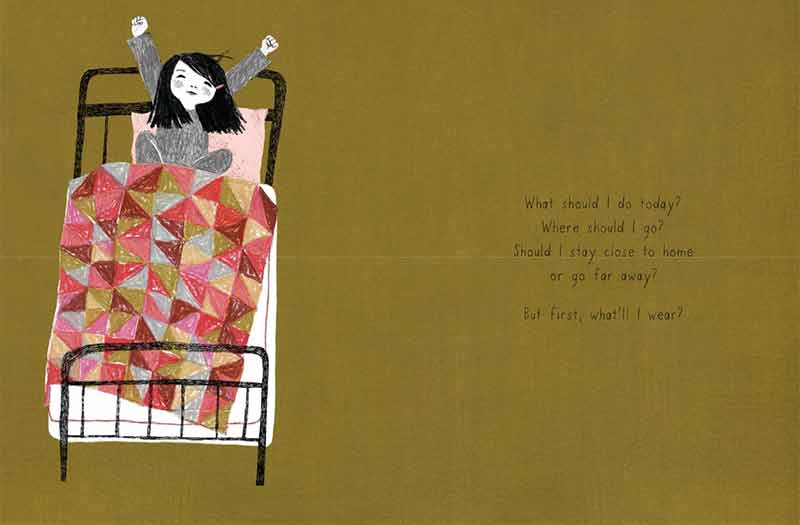
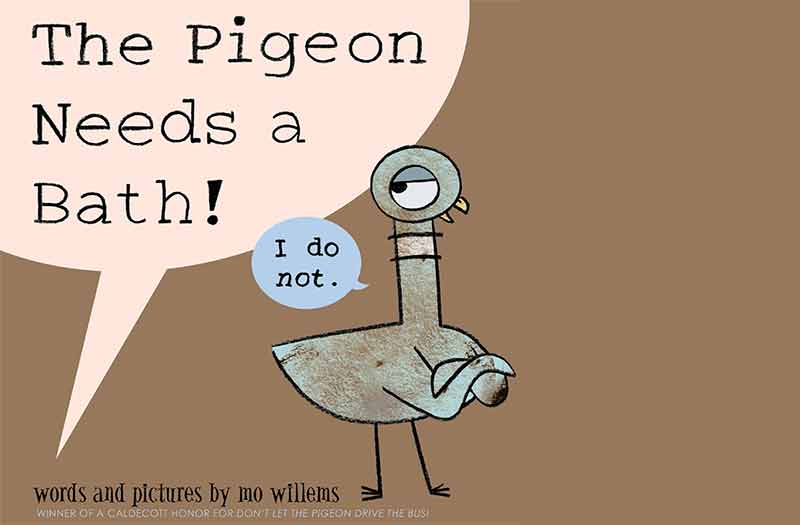
EXPLORING SELF-CARE THROUGH BOOKS
The Pigeon Needs a Bath
Written and illustrated by Mo Willems, this book shows the journey of a silly and reluctant pigeon as it learns to have fun washing and getting clean.
FAMILY CONNECTION
Supporting Self-Care at Home
This article explains the importance of self-care skills, how they develop, and ways to help children strengthen their skills in any setting – at school or at home.
SUPPORTING SELF-CARE
Backward Chaining
Learning new routines can be frustrating for children. This tip sheet from NHS Greater Glasglow and Clyde outlines simple steps for using the backward chaining technique to teach children new self-care skills.
Activity Cards for Preschool Classrooms
Part of the STREAMin3 curriculum, these activity cards provide simple and fun ways to foster self-care
Get Our Resource Guide
Includes questions and activities to guide your use of the videos, book suggestions, and activity cards featured for each of the Core Skills
